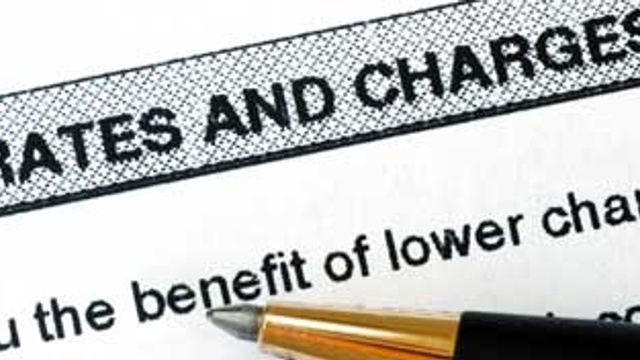Whether you’re paying off your mortgage in full, or remortgaging with a new deal, there are normally fees involved.
If you decide to remortgage when you reach the end of your current deal, don’t be surprised if your lender asks for a final fee to close your existing mortgage, even if your new deal is with the same lender.
Similarly, if you’ve finally paid off your mortgage, you may also find you have to pay a fee to close your mortgage.
We’ve looked into what the fees are, why lenders charge them and when you may be asked to pay them.
What are early repayment charges (ERCs)?
You may find yourself in a position to pay off your mortgage early – whether this is through a lump sum pension payout, a work bonus, or an unexpected windfall. This could also be the case if you’ve simply found a better deal and want to remortgage.
Either way, if you end your mortgage early you might be asked to pay an early repayment charge (ERC). The ERC will typically cost between 1-5% of your full mortgage amount (some lenders charge a percentage of the remaining balance instead of the initial amount).
ERCs don’t usually apply for the whole term of the mortgage – normally just for the length of the initial fixed rate or discounted period.
For example, if you took your initial mortgage out for £100,000 and your ERC is 3% of the initial balance, your ERC on the mortgage would be £3,000.
So, if you’re settling early to move your mortgage on to a better deal, you’ll need to figure out whether it’s worth doing once you take into account any ERC as well as the set-up fees that come with a new mortgage.
On the surface it might look like a better deal, but when you look in more detail you might find it’ll cost you more, so it pays to do your sums carefully.
How to avoid early repayment charges?
To avoid early repayment charges on a mortgage, you can:
- Wait until the fixed-rate period ends: Early repayment charges typically apply during the fixed-rate period. Once this period ends, you can usually repay without penalties.
- Choose a mortgage without early repayment charges: Some mortgages do not have these fees, so look for those options.
- Stay within the overpayment limit: Most lenders let you overpay up to 10% of your mortgage balance each year without a fee. Whilst this may not be enough to clear your mortgage in full, planning ahead by making overpayments when possible can help to speed up the repayment period.
What are mortgage exit fees?
Even if you don't repay your mortgage early, you may still face an exit fee when your loan term ends.
It’s common for lenders to charge a fee when you finally clear your mortgage – for the admin and legal costs of the paperwork associated with ending your loan and transferring full ownership of your home to you (the lender has to release its ‘charge’ on your property).
This exit fee comes under a number of different names – completion fee, deeds release fee or exit administration fee – and typically will cost between £50 and £200. Of course, whilst you are unlikely to be delighted to have to shell out even more money, at least you have the satisfaction of finally owning your home outright!
Contact your lender for more information
We hope this helps you understand what fees may apply when you close your mortgage. Remember, each provider will have their own terms and conditions. To see how this will affect you and your mortgage, check your offer letter or get in touch with your lender.
Zubin is a personal finance writer with an extensive background in the finance sector, working across management and operational roles. He applies his experience in customer communication to his writing, with the aim of simplifying content to help people better understand their finances.
![Email icon]()
Become a money maestro!
Sign up for tips on how to improve your credit score, offers and deals to help you save money, exclusive competitions and exciting products!
Find this useful? Share it with others!









